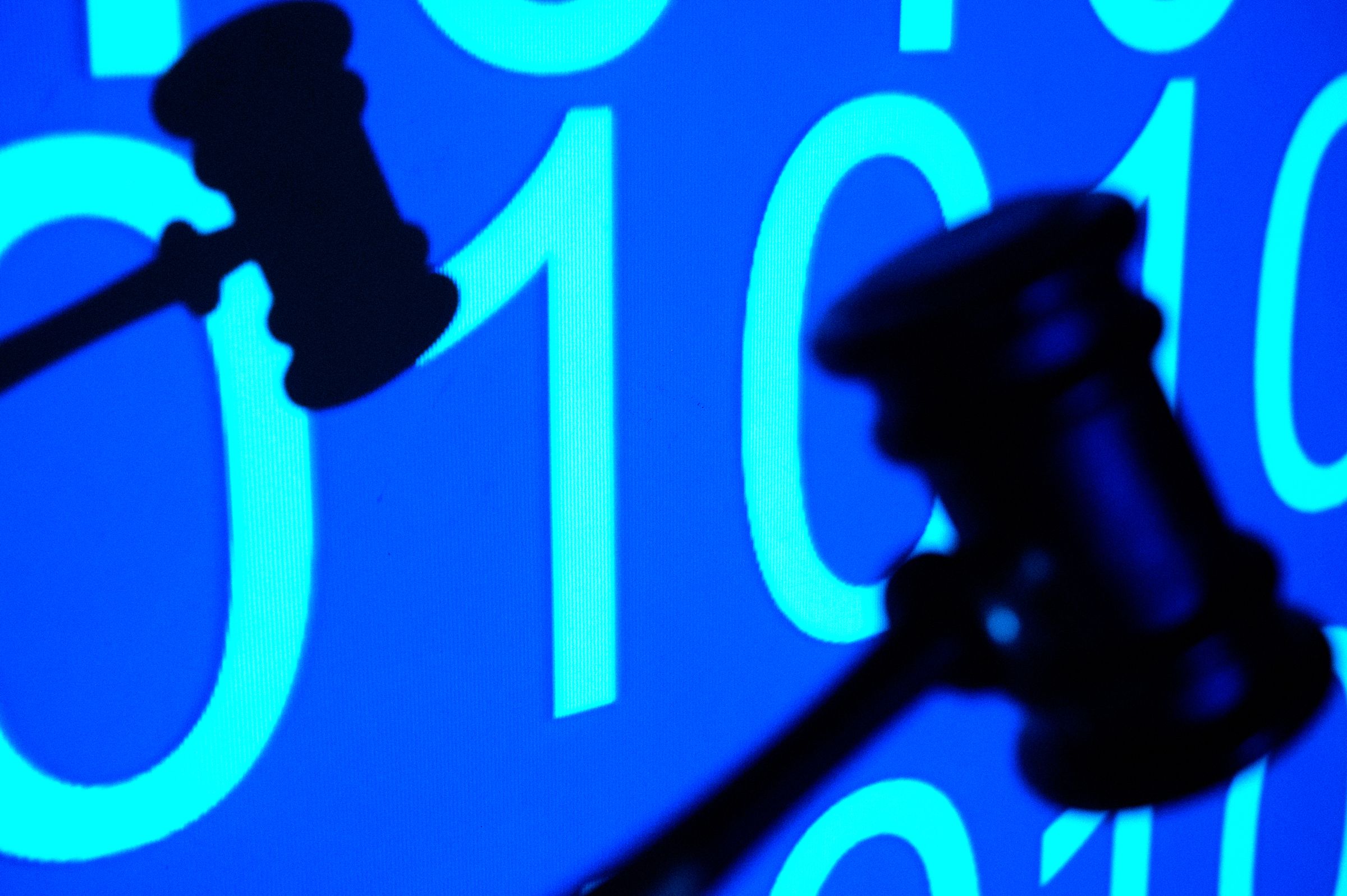Meta Wins Blockbuster AI Copyright Case—but There’s a Catch
Meta Wins Blockbuster AI Copyright Case—but There’s a Catch
In a landmark decision, Meta has emerged victorious in a high-profile legal battle over the use of artificial intelligence in creating digital content. The social media giant was sued by a group of artists who claimed that Meta’s AI technology infringed upon their copyrights by generating derivative works based on their original creations.
After a protracted legal battle, a federal judge ruled in favor of Meta, stating that the company’s AI algorithms did not violate copyright laws as they were merely tools used by users to create new and unique content. This decision has far-reaching implications for the future of AI and digital content creation.
While Meta’s legal victory is a significant win for the tech industry, there is a catch. The court’s ruling also set a precedent that could potentially limit the rights of individual artists and creators in the digital age. Critics argue that this decision could lead to a further erosion of intellectual property rights and creative control.
Despite the controversy surrounding the case, Meta’s triumph has solidified its position as a leader in AI technology and digital innovation. The company’s victory is a testament to the power of transformative technologies and their potential to reshape the creative landscape.
As the dust settles on this groundbreaking case, it is clear that the intersection of AI and copyright law will continue to be a hotly debated topic. The implications of this ruling will be felt across industries, as companies grapple with the balance between innovation and intellectual property rights.
Ultimately, Meta’s win in this blockbuster AI copyright case marks a new chapter in the ongoing evolution of digital creativity and the legal frameworks that govern it. The tech industry will undoubtedly be closely watching as this precedent sets the stage for future debates and challenges surrounding AI and copyright law.


